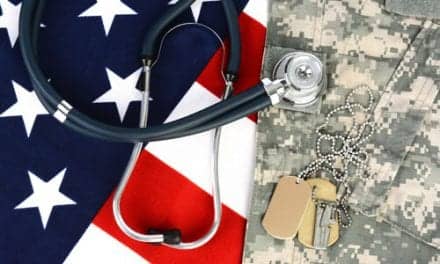To improve cognition function, according to a study conducted at the Institut universitaire de gériatrie de Mont?eal (IUGM); an institute affiliated with Université de Montréal, the key is to simply “get moving.”
A news release from the Université de Montréal reports that the study compared the impact of different training methods on the cognitive functions of individuals aged 62 to 84 years old. Two groups were assigned a high-intensity aerobic and strength-training program, while a third group performed tasks that targeted gross motor activities, including coordination, balance, ball games, locomotive tasks, and flexibility.
The release notes that while the aerobics and strength-training were the only exercises that led to physical fitness improvements after 10 weeks (in terms of body composition, VO2 max, and maximum strength), all three groups exhibited equivalent improvement in cognitive performance. Subjects assigned to the third group reportedly performed activities that can easily be done at home, implying that to improve cognitive health, sedentary individuals can start by performing an activity they like.
Louis Bherer, PhD, explains “Our study targeted executive functions, or the functions that allow us to continue reacting effectively to a changing environment. We use these functions to plan, organize, develop strategies, pay attention to and remember details, and manage time and space.”
Nicolas Berryman, PhD, adds that conventionally it was believed that only aerobic exercise could improve executive functions, however “More recently, science has shown that strength-training also leads to positive results.”
Berryman notes that the new findings indicate that structured activities targeted toward improving gross motor skills can also improve executive functions, which decline during the aging process. Berryman emphasizes that older adults should remember that they have the power to improve their physical and cognitive health at any age and that there are many avenues available to achieve this goal.
Source(s): Newswise, Université de Montréal





